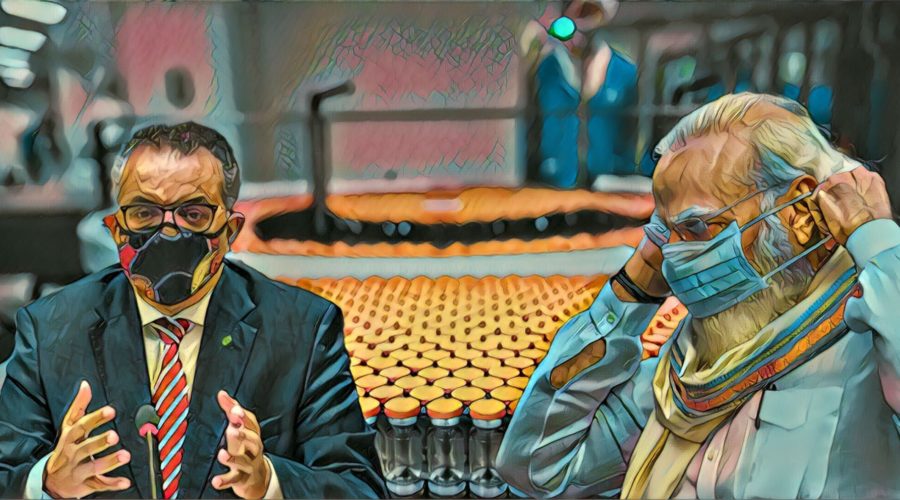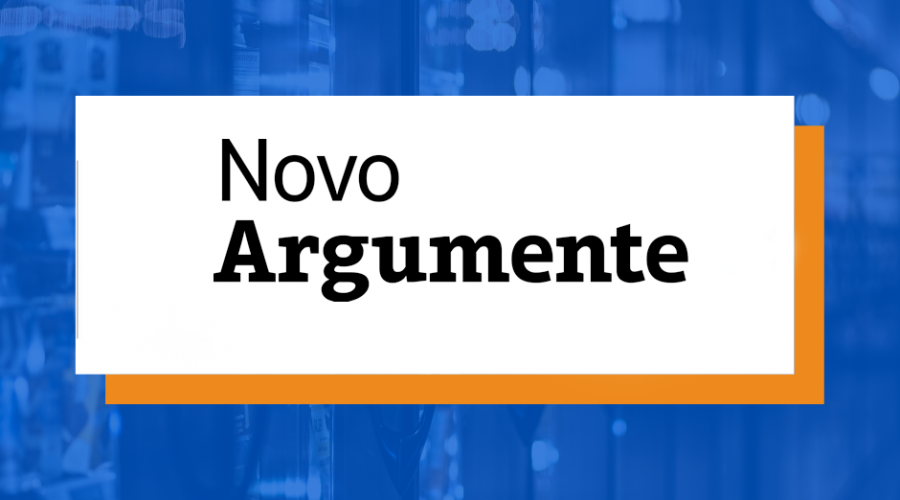The global organizations and populists who aim to seize COVID vaccine tech and IP
When Donald Trump claimed in September 2020 that every American would have access to vaccines by April 2021, his comments received scorn. The Washington Post said his claims were “without evidence,” CNN quoted health experts who said it was impossible, and The New York Times claimed it would take another decade.
Now, a year into this pandemic, nearly half of the eligible population has received at least one vaccine dose in the U.S., and distribution has been opened to every American adult.
Operation Warp Speed, which invested tax dollars and helped reduce bureaucracy across the board, has contributed to what has truly been a miraculous effort by vaccine firms.
While Trump’s proclamations eventually become true and the question of vaccine ability has been settled, there is now pressure on the Biden administration to turn over domestic vaccine supply to countries with skyrocketing cases.
On Sunday, the U.S. declared it will send additional medical supplies to India, currently experiencing the largest global spike in cases.
But at international bodies, countries and activist groups are petitioning for far more: they want to force biotech companies to waive intellectual property rights on vaccines and COVID-related medical technology.
Along with nearly 100 other countries, India and South Africa are the architects of a motion at the World Trade Organization called a TRIPS Waiver (Trade-Related Aspects of Intellectual Property Rights).
If the waiver is triggered, it would ostensibly nullify IP protections on COVID vaccines, allowing other countries to copy the formulas developed by private vaccine firms to inoculate their populations and play into the hands of future governments more hostile to private innovation.
This week, U.S. Trade Representative Katherine Tai met with the heads of the various vaccine makers to discuss the proposal, but it is uncertain if the Biden administration will support the measure at the WTO.
While many companies have voluntarily pledged to sell them at cost or even offered to share information with other firms, this measure would have more far-reaching implications.
This coalition seeking the TRIPS waiver includes Doctors Without Borders, Human Rights Watch, and World Health Organization Secretary-General Tedros Adhanom Ghebreyesus, who first backed this effort in 2020 before any coronavirus vaccine was approved.
They claim that because COVID represents such a global threat and because western governments have poured billions in securing and helping produce vaccines, low and middle-income countries should be relieved of the burden of purchasing them.
Considering the specialized knowledge needed to develop these vaccines and the cold storage infrastructure required to distribute them, it seems implausible that any of this could be achieved outside the traditional procurement contracts we’ve seen in the European Union and the U.S.
That said, rather than celebrating the momentous innovation that has led to nearly a dozen globally-approved vaccines to fight a deadly pandemic in record time, these groups are trumpeting a populist message that pits so-called “rich” countries against poor ones.
Intellectual property rights are protections that help foster innovation and provide legal certainty to innovators so that they can profit from and fund their efforts. A weakening of IP rules would actively hurt the most vulnerable who depend on innovative medicines and vaccines.
If the cost of researching and producing a COVID vaccine is truly $1 billion as is claimed, with no guarantee of success, there are relatively few biotechnology or pharmaceutical companies that can stomach that cost.
BioNTech, the German company headed by the husband-wife team of Uğur Şahin and Özlem Türeci that partnered with Pfizer for trials and distribution of their mRNA vaccine, was originally founded to use mRNA to cure cancer.
Before the pandemic, they took on massive debt and scrambled to fund their research. Once the pandemic began, they pivoted their operations and produced one of the first mRNA COVID vaccines, which hundreds of millions of people have received.
With billions in sales to governments and millions in direct private investment, we can expect the now-flourishing BioNTech to be at the forefront of mRNA cancer research, which could give us a cure. The same is true of the many orphan and rare diseases that do not otherwise receive major funding.
Would this have been possible without intellectual property protections?
Moderna, for its part, has stated it will not enforce the IP rights on its mRNA vaccine and will hand over any research to those who can scale up production. The developers of the Oxford-AstraZeneca vaccine have pledged to sell it at cost until the pandemic is over.
While this should smash the narrative presented by the populists and international organizations who wish to obliterate IP rights, instead they have doubled down, stating that these companies should hand over all research and development to countries that need them.
If we want to be able to confront and end this pandemic, we will continue to need innovation from both the vaccine makers and producers who make this possible. Granting a one-time waiver will create a precedent of nullifying IP rights for a host of other medicines, which would greatly endanger future innovation and millions of potential patients.
Especially in the face of morphing COVID variants, we need all incentives on the table to protect us against the next phase of the virus.
Rather than seeking to tear them down those who have performed the miracle of quick, cheap, and effective vaccines, we should continue supporting their innovations by defending their intellectual property rights.
Yaël Ossowski (@YaelOss) is deputy director of the Consumer Choice Center, a global consumer advocacy group.










